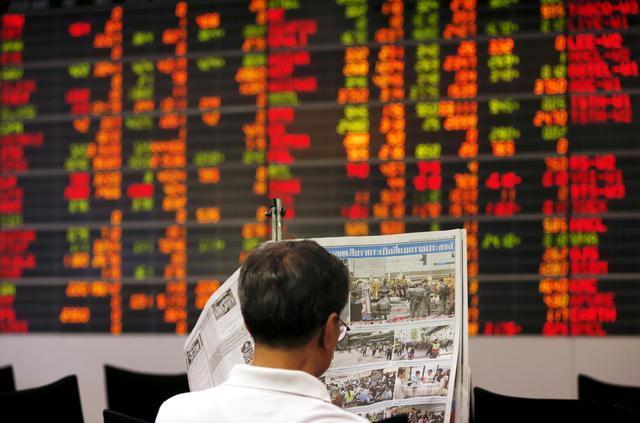Foreign investors that had taken Turkey off their radars are again seeking opportunities in the country. Foreign direct investment inflow has been on a downward trend since 2013 after it hit a record in 2012. Private equity firms that invested in Turkey left the country one after another after heightening domestic tensions due to polarization and diminishing trust in checks and balances. The infamous military coup attempt and subsequent seizure of companies accused of being owned by or associated with the groups that organized the attempt also triggered new debates over the “rule of law” in global investment circles. But most of the concerns were rather due to the imprisonment of prominent journalists and intellectuals, as well as politicians, without much evidence.
However, the Turkish economy is too big to lose. Even though many investors shy away from investing in Turkey for a number of reasons, there are many that still do. Last Friday, a group of journalists attended a meeting with corporate finance managers and partners of Ernst&Yyoung. M&A activity is gaining momentum and private equity firms are returning to Turkey but the major concern is governance, they said. It is good to see that Turkey has the potential to come back on the radar of international investors if it takes the appropriate steps and keeps the basic rules of governance as a benchmark… You can read the details in our print magazine.
This week, the Central Bank’s Monetary Policy Committee (PPK) will convene on September 23. The meeting rise in importance as annual inflation exceeded the policy rate in August. Majority of economists surveyed for the PPK expect interest rate to remain steady. However, the bank emphasized on decrease in food inflation, while the former Central Bank Governor Naci Agbal posted a tweet about his previous article on importance of determined and predictable monetary policy for a permanent price stability. These have been perceived by the economy world as a possible interest rate cut.
DAILY AGENDA
The Agricultural Input Price Index (Agricultural-IPI) rose by 29.38% in July, compared to the same month of the previous year, according to the Turkish Statistical Institute (TurkStat). The Agricultural-IPI surged by 1.98% on a monthly basis.
The non-domestic producer price index (ND-PPI) drooped by 0.92% in August, compared to the previous month, according to TurkStat. The ND-PPI surged by 30.81% on an annual basis.
The net international investment position posted USD 290bn deficit in July, compared to a USD 393.1bn deficit in the end of 2020, according to the Central Bank.
The Ministry of Treasury and Finance will issue 2-year (728 days) maturity semiannually fixed coupon bond and reissue 4-year (1,575 days) maturity CPI Indexed government bond.
The Ministry of Treasury and Finance will release external debt statistics (5.30 pm).










